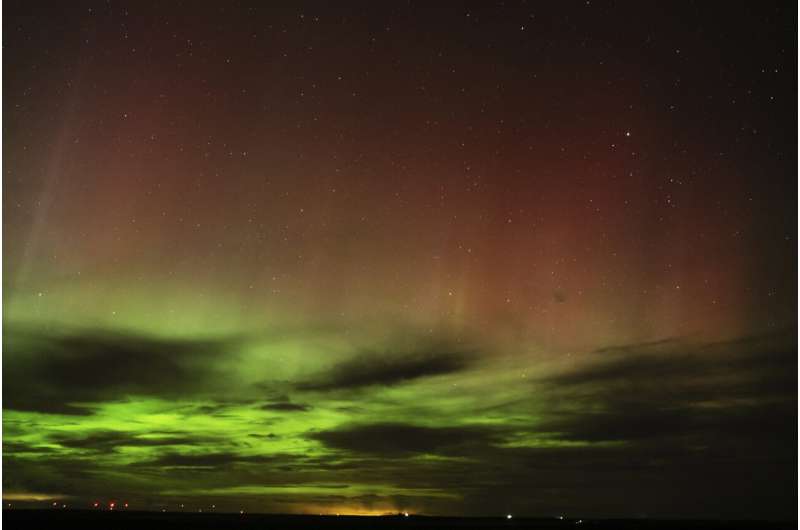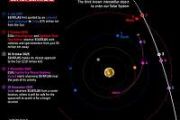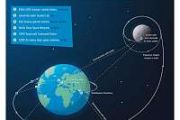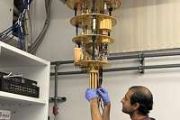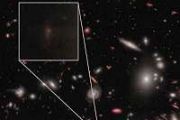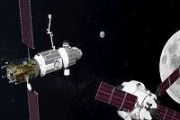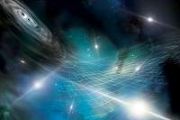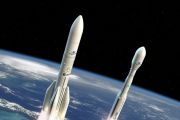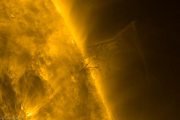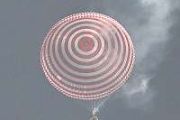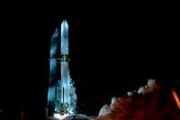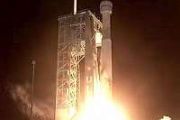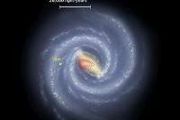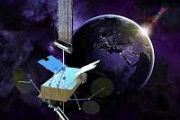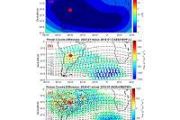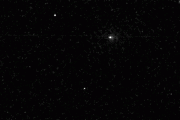
Copernical Team
RTX selected for crossover task order under NASA xEVAS contract
 Collins Aerospace, an RTX business (NYSE: RTX) announced today it has been awarded a new task order under NASA's Exploration Extravehicular Activity Services ("xEVAS") contract to modify the company's current spacesuit to support lunar endeavors.
The follow-on task order allows Collins to add on to the company's new spacesuit design, developing elements that are compatible for use on the l
Collins Aerospace, an RTX business (NYSE: RTX) announced today it has been awarded a new task order under NASA's Exploration Extravehicular Activity Services ("xEVAS") contract to modify the company's current spacesuit to support lunar endeavors.
The follow-on task order allows Collins to add on to the company's new spacesuit design, developing elements that are compatible for use on the l PLD Space wins the aerospace public-private partnership contract promoted by Spanish Government to develop a micro launcher
 PLD Space, the company that designs, develops, manufactures and operates the first private launcher in Europe, wins the aerospace public-private partnership contract promoted by Spanish Government to develop a micro launcher (PERTE), having obtained the best technical qualification by the Contracting Committee, as well as the independent experts appointed to evaluate the projects submitted.
PLD Space, the company that designs, develops, manufactures and operates the first private launcher in Europe, wins the aerospace public-private partnership contract promoted by Spanish Government to develop a micro launcher (PERTE), having obtained the best technical qualification by the Contracting Committee, as well as the independent experts appointed to evaluate the projects submitted. NASA expands task orders for spacewalking, moonwalking suits
 NASA is expanding its options for spacewalking suits and moonwalking suits with task orders from Axiom Space and Collins Aerospace.
The Exploration Extravehicular Activity Services task orders will include a spacesuit for use in low-Earth orbit from Axiom Space and a spacesuit for Artemis missions on the lunar surface from Collins Aerospace, with each valued at $5 million.
These
NASA is expanding its options for spacewalking suits and moonwalking suits with task orders from Axiom Space and Collins Aerospace.
The Exploration Extravehicular Activity Services task orders will include a spacesuit for use in low-Earth orbit from Axiom Space and a spacesuit for Artemis missions on the lunar surface from Collins Aerospace, with each valued at $5 million.
These 'Like a mirror': Astronomers identify most reflective exoplanet
 A scorching hot world where metal clouds rain drops of titanium is the most reflective planet ever observed outside of our Solar System, astronomers said on Monday.
This strange world, which is more than 260 light years from Earth, reflects 80 percent of the light from its host star, according to new observations from Europe's exoplanet-probing Cheops space telescope.
That makes it the
A scorching hot world where metal clouds rain drops of titanium is the most reflective planet ever observed outside of our Solar System, astronomers said on Monday.
This strange world, which is more than 260 light years from Earth, reflects 80 percent of the light from its host star, according to new observations from Europe's exoplanet-probing Cheops space telescope.
That makes it the Guiding Aeolus' safe reentry
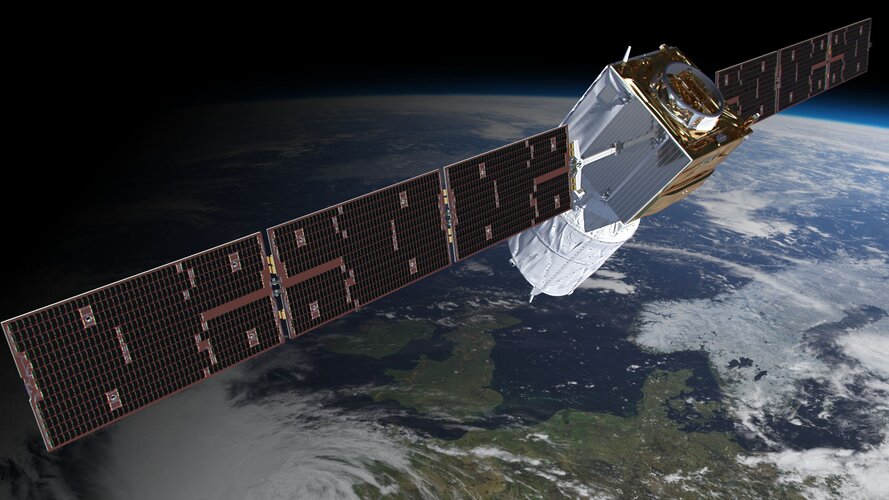
After exceeding its planned life in orbit, ESA’s Aeolus wind satellite is on its way back to Earth. The satellite is currently falling around 1 km a day, and its descent is accelerating. ESA’s spacecraft operators will soon intervene and attempt to guide Aeolus in a first-of-its-kind assisted reentry. Why is ESA doing this?
A look back at our first ESA Academy’s Navigation Training Course
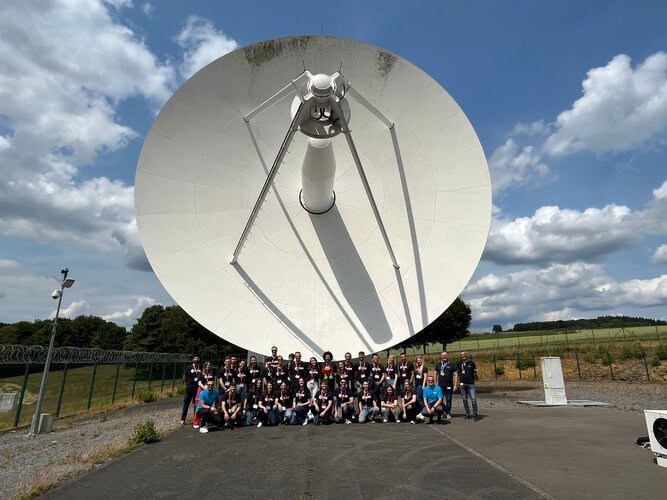
From 26 to 30 June, the first ESA Academy’s Navigation Training Course took place at ESEC-Galaxia, the European Space Security and Education Centre , in Belgium. Developed in collaboration with ESA’s Directorate of Navigation, the course attracted 30 Master and PhD students of 12 different nationalities from engineering and scientific subjects with basic knowledge of Navigation to enrich their university portfolio with a unique experience. Let’s have a look at the event and impressions from the participants!
Train me to the Moon and back

Two European astronauts are following the traces of a treasure trove of rare, Moon-like crystals in a Norwegian fjord as part of the PANGAEA geology training course.
Help ESA research key space-based solar power challenges
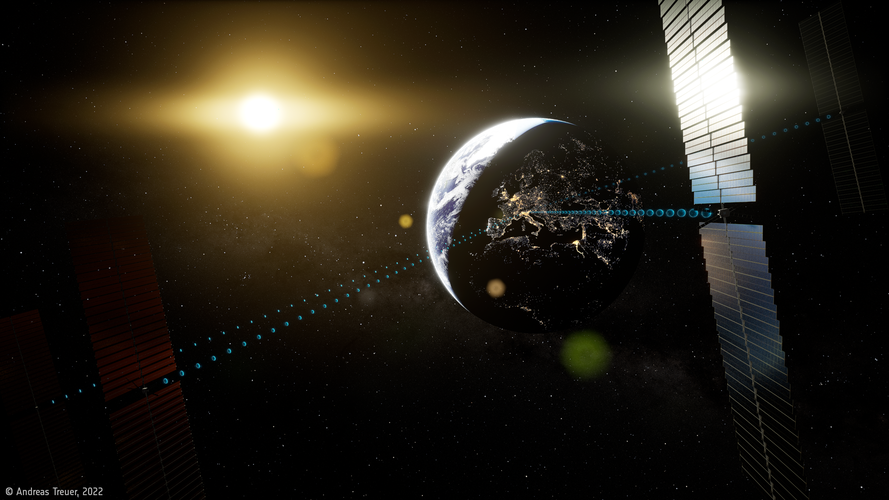
Space-based solar power could provide Earth with clean and reliable energy, 24 hours a day. As part of its SOLARIS initiative, ESA is inviting researchers to help advance our knowledge of key aspects of collecting solar power in space and wirelessly transmitting it to Earth.
Cheops shows scorching exoplanet acts like a mirror
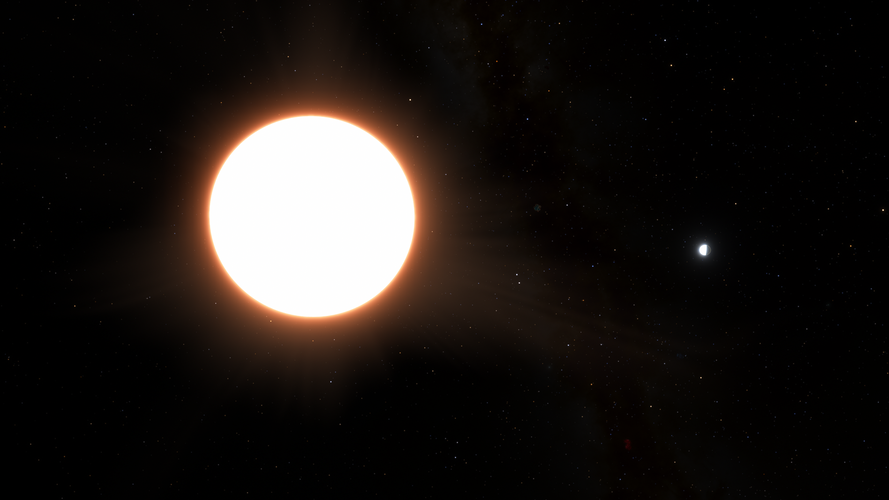
Data from ESA’s exoplanet mission Cheops has led to the surprising revelation that an ultra-hot exoplanet that orbits its host star in less than a day is covered by reflective clouds of metal, making it the shiniest exoplanet ever found.
Solar storm on Thursday expected to make Northern Lights visible in 17 states
